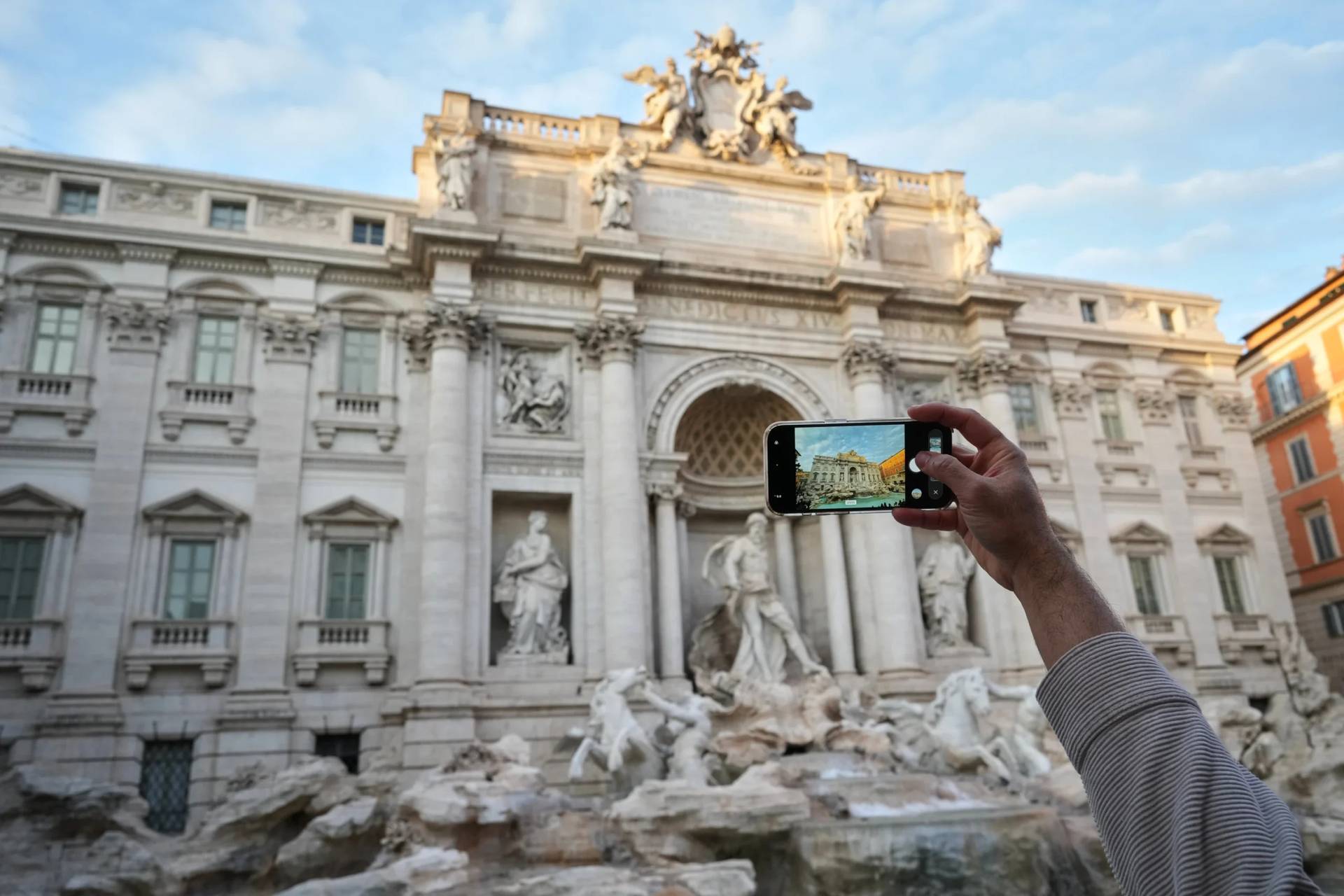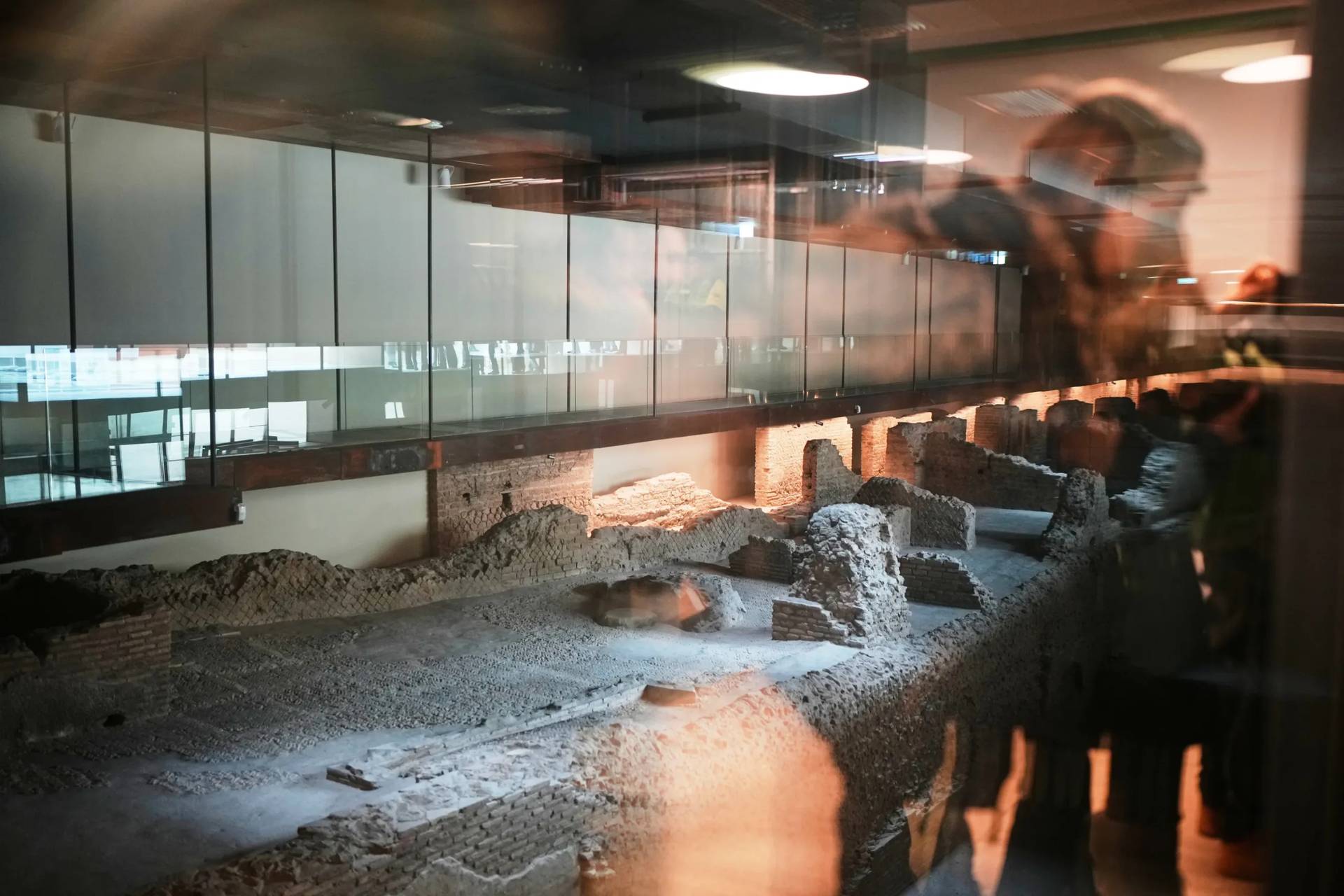LEICESTER, United Kingdom – Richer countries in Europe should help countries in the Global South access vaccines needed to battle the COVID-19 pandemic, according to the European Union’s bishops.
In a joint statement from COMECE – which presents the bishops’ conferences of the EU’s member states – and Caritas Europa, Catholic leaders noted that richer countries in Europe can “increasingly see a light at the end of the tunnel” and a presumptive end to the health and economic catastrophe caused by the pandemic.
“This Union is built on the foundation of the principle of solidarity. Commitment to solidarity must be the decisive criterion in this historic moment,” the Feb. 23 statement reads.
“It is urgent to implement mass vaccination campaigns quickly. We urge the European Union to promote widescale vaccination not only for Europe´s own safety and protection, but also for global public health as a public good, benefiting people living in poorer nations as much as they benefit people living in countries with the resources to create and produce the vaccines. Ensuring vaccine access for all – that they are available and affordable – is a global moral urgency,” it continues.
COMECE and Caritas Europa claimed that “vaccine competition” and “vaccine nationalism” in the form of export bans and other protectionist measures is creating “unequal and inequitable” access to vaccination around the globe.
“Already vulnerable countries are made even more isolated and vulnerable, risking to reverse decades of human development and threatening to stall humanity’s progress toward the achievement of the 2030 Sustainable Development Goals,” the statement said, referring to the UN plan launched in 2015 to lift billions out of poverty.
“We therefore urge the European Union and its Member States not to cede to a worrying prevalence of national or economic interests, but to persevere in having its internal and external actions guided by the principles of fraternity, solidarity, subsidiarity, social justice and inclusiveness, in order to enable equitable access to vaccines both within individual countries as well as across the EU and the global community,” the Catholic leaders added.
The bishops welcomed EU’s commitment to the global COVAX facility, a vaccine sharing program aimed at allowing equitable access to COVID-19 vaccines in economically weaker regions in Africa, Latin America and Asia.
The first COVAX delivery of 600,000 vaccine doses was made to Ghana on Wednesday, and vaccinations are expected to begin next week.
Upon the arrival of the vaccines, the UNICEF Representative in Ghana, Anne-Claire Dufay and World Health Organization Representative to Ghana, Dr. Francis Kasolo, issued a joint statement calling it a “momentous occasion.”
“Vaccines save lives. As health workers and other front-line staff are vaccinated, we will be able to gradually see a return to normalcy, including better access to health, education, and protection services. In the spirit of Universal Health Coverage, let’s leave no one behind,” the UN officials said.
However, the European Catholic leaders said the EU can do more to help make vaccines available to the Global South.
“The EU’s multilateral engagement is also required to address intellectual property issues, with the aim of facilitating localized production of vaccines, while strengthening local manufacturing capacities by providing technical advice and support to do so,” the COMECE and Caritas Europa statement continued. “In this context, the EU should promote a multi-stakeholder approach by involving local actors, including Churches and faith-based organizations, who often provide medical care and support to the most vulnerable communities in even the most remote rural areas.”
The Church leaders said Europe “should invite what is constructive criticism and listen to the voices calling for vaccine justice.”
“Europe can make its COVID-19 vaccine policy not only the ‘beginning of the end’ of the pandemic crisis, but also put it as the ‘beginning of a new beginning,’ for a renewed policy in the service of the common good and solidarity,” the statement concluded.
Follow Charles Collins on Twitter: @CharlesinRome














